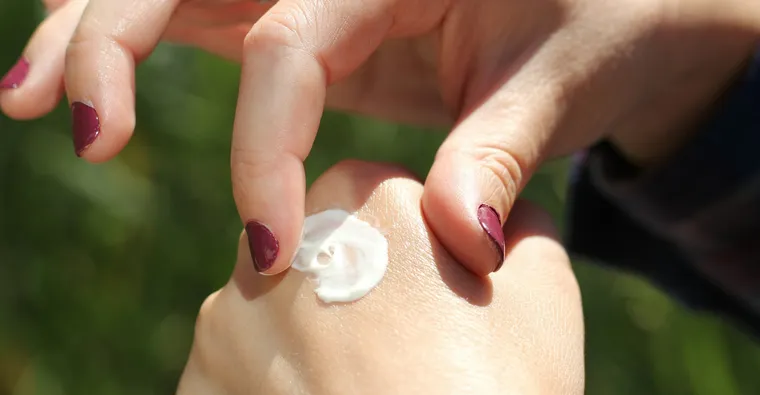Plaque psoriasis is an autoimmune condition marked by scaly, red patches on the skin. Learn about managing its symptoms and improving your quality of life with effective treatments.
Lifestyle Changes to Manage Plaque Psoriasis
Adapting your lifestyle can play a significant role in managing plaque psoriasis. Regular moisturizing helps keep your skin hydrated, reducing the dryness and scaling associated with psoriasis. Choosing gentle, fragrance-free products can also minimize irritation. Additionally, integrating a balanced exercise routine into your schedule not only helps maintain a healthy weight but also reduces stress, which can be a known trigger for flare-ups. Moving your body regularly can make a notable difference in your overall wellbeing and psoriasis management.
Quitting smoking and reducing alcohol consumption are other pivotal lifestyle changes. Smoking has been linked to an increased risk and severity of psoriasis, while excessive alcohol can weaken your immune system and interact negatively with certain medications. Emphasizing these changes can lead to more effective management of your symptoms. Additionally, practicing stress-relief techniques such as meditation, yoga, or even simple deep-breathing exercises can help you maintain a calmer state of mind. A holistic approach focusing on both body and mind often results in better outcomes in managing plaque psoriasis.

Diet and Nutrition in Plaque Psoriasis Management
Embracing a balanced diet can make a significant difference in managing plaque psoriasis. Incorporating more fruits, vegetables, lean proteins, and whole grains can aid in reducing inflammation and bolstering your immune system. Maintaining a healthy weight is also crucial, as excess weight can exacerbate your symptoms and potentially decrease the effectiveness of certain treatments. You might consider consulting with a nutritionist to develop a personalized eating plan that addresses your specific needs and goals.
Omega-3 fatty acids, commonly found in fatty fish like salmon, flaxseeds, and walnuts, have anti-inflammatory properties that can be particularly beneficial for psoriasis patients. Additionally, avoiding foods that trigger inflammation, such as sugary snacks, processed foods, and red meat, can help in keeping flare-ups at bay. Hydration is equally important, so be sure to drink plenty of water to keep your skin moisturized and support overall bodily functions. Making mindful dietary choices empowers you in your journey toward managing plaque psoriasis more effectively.
Alternative and Complementary Therapies
Exploring alternative and complementary therapies can provide additional relief and support for managing plaque psoriasis. Techniques such as acupuncture, herbal remedies, and yoga offer potential benefits. Acupuncture, an ancient Chinese medicine practice, involves inserting thin needles into specific body points to alleviate pain and promote healing. Some individuals with plaque psoriasis have found improvements in their symptoms with regular acupuncture sessions.
Herbal remedies, like aloe vera and turmeric, have anti-inflammatory properties that may help reduce psoriasis flare-ups. Applying aloe vera gel can soothe the skin and reduce redness, while incorporating turmeric into your diet could potentially lessen inflammation. Yoga, with its combination of physical postures and mindfulness, can help alleviate stress, which is a known trigger for psoriasis. Engaging in regular yoga practice might improve overall well-being and help manage your symptoms more effectively.
Tags:
Cosentyx Plaque Psoriasis
Managing Plaque Psoriasis
Oral Medicine For Plaque Psoriasis
Best Treatment For Plaque Psoriasis
Cure For Plaque Psoriasis
Severe Plaque Psoriasis Treatment
Remedies For Plaque Psoriasis

